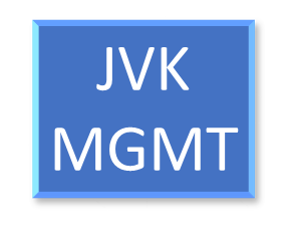Petrone: No Room In Budget For Village Parking Garage
/By Jano Tantongco
jtantongco@longislandergroup.com
Huntington Supervisor Frank Petrone addresses attendees of the Sept. 27 town board meeting, during which the board approved piercing the town’s state-mandated tax cap for its 2017 operating budget.
Huntington Supervisor Frank Petrone said that the town’s newly-approved, tax cap-piercing $190 million operating budget for 2017 does not leave room for “popular initiatives,” such as renewing the town’s Open Space Bond Act, which expires in June 2018; approving an East Northport Business Improvement District; and constructing a parking structure in Huntington village.
Petrone said he has asked the state lawmakers to sponsor legislation that would exempt programs and expenditures that could go before a municipality’s electorate in a referendum vote from being included in the tax cap. The town has long considered a public-private partnership to build a parking structure in Huntington village and, earlier this year, received three proposals for such a structure after putting out a request for proposal.
The supervisor believes such a change would eliminate “the unintended consequence of limiting growth and new initiatives.”
In its current state, the tax cap counts such spending toward a municipality’s tax cap, which is mandated by the state.
The town board adopted the $190 at its Nov. 10 meeting. The budget maintains all town services, but will freeze salaries for all town employees.
The budget is a result of a Sept. 27 vote to pierce the town’s state-mandated 0.68-percent tax cap. Town officials previously said that, if the cap was not pierced, layoffs may have occurred, as well as cuts to funding of social, youth and arts services, such as Tri Community and Youth Agency.
The $190 million budget will also let positions vacated by retirement be terminated.
It does hold social, youth and arts programs at 2016 funding levels. There will be no impact to town services, as general department funding has also been held to a status quo.
The tax levy is projected to increase by $3.2 million to $117.7 million, a 2.85 percent increase. That’s about $2.2 million greater than the growth that would have been allowed under the state’s cap.
The supervisor has previously criticized the tax cap, calling its “2-percent” branding a misnomer.
He also attributed the greater spending to costs “over which the town has no control, including materials, equipment, utilities, fuel and... the state-managed health insurance program.”
Regarding health insurance, Petrone said costs for town employees would rise by 11 percent, or $2.6 million, next year. This, he stated, is two and a half times greater than the growth allowed by the tax cap.





